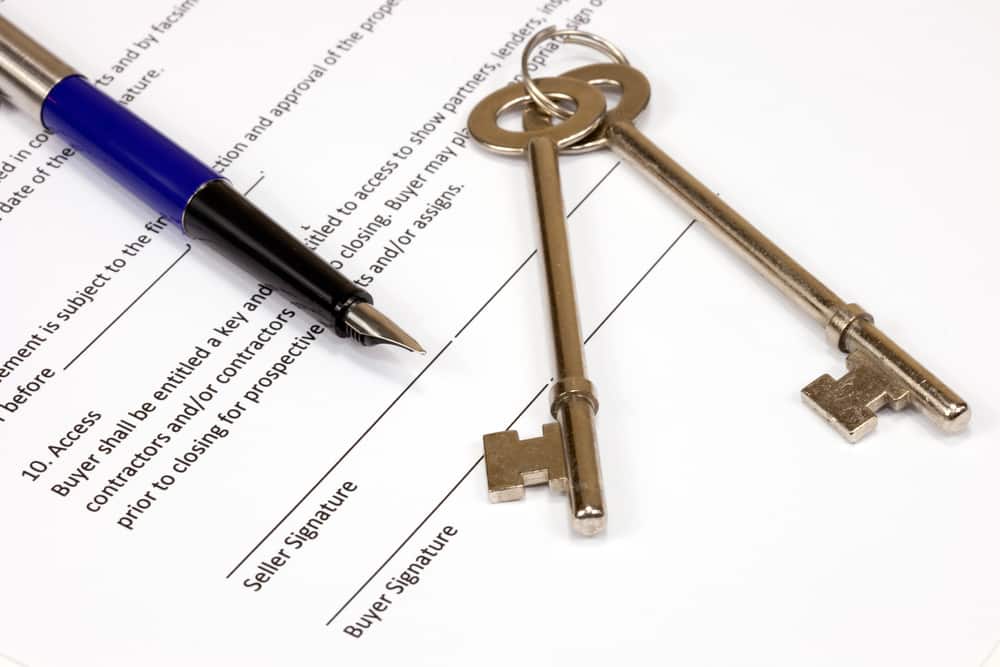The terms mortgage note and promissory note are integral within the real estate market and are used often. Are you unsure about the fundamentals of financial notes? Are you trying to sell a note? American Equity Funding (AEF) offers the following basics concerning these two important terms:
Mortgage
First, a mortgage is the name of a loan required to purchase a home or property. In a mortgage loan, the borrower typically promises actual property as collateral for the payment of a debt to a creditor.

Obtaining a mortgage means that a creditor loaned money to buy a home or property. This then becomes a guarantee for the loan. The borrower generally acquires this debt to purchase property that is used as security. As long as payments are made in full to the creditor, the borrower maintains custody of the property. The lender’s security interest in the estate is the mortgage. That mortgage is usually signed concurrently with a note.
Promissory Note
A promissory note is a signed contract wherein a borrower agrees to an oath to pay a certain amount of money to an individual or group. The main document standardizes procedures and conditions when procuring a home or other assets. A promissory note is an official and legally binding IOU or pledge to repay a loan.
Mortgage Note
A promissory note is signed for a mortgage and is then known as a mortgage note. The mortgage and the promissory note are integrally joined. A mortgage promissory note can also be called a real estate lien note or borrower’s note. A mortgage promissory note is a tremendously significant certificate. You can sell a note with companies like American Equity Funding.
Note Terms
A mortgage note includes details and terms. Details such as names of borrowers and lenders, property addresses, and a detailed legal account of the physical property known as the exhibit. Other specific terms are also used in a mortgage note such as:
- Obligor or promisor: The individual who promises to repay the borrowed money.
- Obligee or promised: The party, usually a bank, credit union, or lender, is authorized to collect payment for the loan.
- Consideration: The legal term used to describe the value accepted in exchange for joining a contract. When signing a note and accepting consideration, a borrower generally agrees to such concessions as keeping up maintenance and insurance for the home or land, using the property as their primary residence, and not using it as a dump for garbage or chemical waste.
In a typical real estate situation, a borrower settles on rendering to the lender monthly prearranged repayments of interest and principal ranging from fifteen to thirty years. The length of time depends on the term agreement detailed in the mortgage note. Agreed upon installments are usually due on a specific and unchanging day unless modifications or amendments are made, approved, signed, and witnessed by both parties. Archetypal notes incorporate a stipulation explaining whether the loan is a fixed, adjustable, or graduated-payment mortgage. They may also include conditions establishing deadlines for the lender to receive payment, possible late fee penalties, and ‘no prepayment fee’ clauses.
Payment Refusal

Failure to pay a loan places the borrower at risk from the lender for legal ramifications. Such as lawsuits seeking compensation for breach of contract, possession of the property, and the ability to foreclose or sell the asset(s). The lender also has the right to file the mortgage documents in county or city records, which function as a legal lien. Although lawful liens can be scary and are not uncommon, it is best to avoid getting to that point.
Understand the Terms!
It is crucial to understand your mortgage and promissory note basics. Carefully consider the mortgage choice and the terms agreed upon in the mortgage note, and always try to make timely and complete payments on the mortgage during its duration. Doing so will allow confidence in your choices and lead to a much happier experience!

Sometimes the borrower has the freedom to prepay the mortgage loan without a penalty. Carefully check the mortgage note as all terms and details should be fully expanded upon and explained within that agreement. The best advice one can follow is to read the terms and conditions that may apply before signing, and don’t be afraid to ask questions. Who knows, there may be a wonderful grace period before going into default that may save your back!
Knowing if a loan is assumable is also very advantageous. Assumable loans are outstanding mortgages and terms that can be transferred from the current owner to a buyer. American Equity Funding is a professional and experienced real estate note-buying company with a Better Business Bureau A+ rating that will help you sell a note.
How do I sell a note?
If you want to know more about the types of notes we buy, click here or call us at (479) 632-0851.
